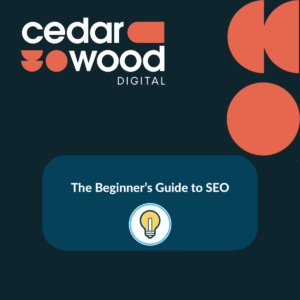So, you’ve landed your first role specialising in search engine optimisation (SEO), or you want to further develop your business’ digital marketing efforts by targeting organic search, and have spent some time learning the basics of SEO. Once you’ve formalised your grip on the basics, it’s important to understand how to get ahead and keep up with this ever-changing but exciting marketing channel.
To help with that journey, we’ve compiled our top pieces of advice on getting the most out of your strategies and how you can keep up with this ever-evolving sector.
These tips are based on my own experience as an SEO professional and the things I found most useful when entering the industry as a beginner.
1. Optimise content for the user first
One of the most important things to consider when making content optimisations or reviewing a site is the overall usability and user experience.
Google is constantly evolving and adapting to make search engine result pages (SERPs) the best possible by including quality content that real-life users actually want to view. For example, Google recently announced the Helpful Content Update which will target sites that have content ‘made for search engines.’ It is thought that sites with poor quality content or overly optimised copy will be penalised and could lose their rankings in the SERPs. This highlights the importance of creating readable content designed for a user rather than creating copy to try and ‘trick’ a search engine into ranking your site highly.
Old-school tactics (or, simply, bad SEO!) were more focused on trying to ‘trick’ search engines into ranking their landing pages higher. Tactics, such as keyword stuffing, and having thin content creates a poor user experience and it is, as you can imagine, not something that search engines are fond of either. It is of course important to include the keywords that you want to rank for, however, these should only be used in a natural way where it makes sense within the context.
2. Create Quality Content
Essentially, to create quality content, you have to know what the user is searching for and which information they will value most. This means relevant and factually correct content that isn’t a carbon copy of another website or one that is noticeably optimised for search engines. This type of SEO focuses on the concept of expertise, authority and trust, or E-A-T. You can help users to trust your sites by displaying your expertise in your industry, and providing accurate and original information that answers a searcher’s query fully.
A great piece of written content will answer the user-query and beyond; not only will this prevent the user from clicking off the page to find any additional information, but if they find all of the information they need they may click on your site first in the future.
3. Build relevant links
Link building is an important factor in increasing your site’s authority and improving your domain ratings. The more relevant the links are to your site, the better signals it sends to search engines.
Backlinks, or links pointing from an external website to your site, can send great signals to a search engine depending on the quantity of quality links from relevant external sources. Relevancy is very important here. When an external source links to your site, the source should be a publication or brand that aligns well with your industry or speciality and is of a similar nature. Not only will this send quality customers or leads to your website, but these relevant links showcase what your site is about and help to display your expertise within a certain sector.
Would you rather have 1,000 poor quality, irrelevant sites linking to your pages or 10 relevant sites with a high domain rating?
10 relevant sites with a high domain rating linking to your website would be a strong indicator to Google, or any search engine, that you could be considered an industry leader and that your expertise is valued. Combined with a strong SEO strategy, this puts you in a good position to rank higher, receive more quality traffic and achieve more conversions or goals.
This also goes for internal linking on your website. When linking internally, only provide links to relevant pages. For example, if a page on a Veterinary website focuses on dog breeds, they could include internal links to another page on their site about the diets of certain dog breeds.
4. Keep up to date with the latest SEO news
One of the best pieces of advice I was given when I started in the industry was to set up a dedicated Twitter account and follow a variety of thought leaders within the SEO-world. From the likes of SEO-expert Dr. Marie Haynes to Google’s Danny Sullivan, the digital marketing communities on Twitter can be an insightful and easy way of keeping up to date with the latest tactics or changes, including Google algorithm updates.
As well as Twitter, there are heaps of informative podcasts and subscription newsletters with discussions on the future of digital marketing and analysing best practices. There are also amazing learning resources on YouTube, including video series from Google Search Central, which help to gain a wider understanding of what search engines are looking for when it comes to organic search.
By consistently updating yourself on the newest tactics or the latest news, you’re developing a well-rounded knowledge base of SEO and its workings. This puts you in a great position to discuss changes with clients if you work for an agency or to explain strategy decisions to board members.
5. Always measure your results
Without measuring your results, it can be difficult to know which of your optimisations are succeeding and which ones just aren’t working (it happens and that’s okay). Identifying any drops in performance after a recent optimisation can signal that a search engine bot has reassessed the page or site and believes that the page is no longer valuable for a specific query. If you’re able to monitor and identify these issues early, you have a better chance of trialling a different approach to regain rankings or lost traffic.
I would recommend tracking your targeted keywords in a dedicated tool such as AHRefs, SEMrush or SEO monitor to identify any increases or declines over time. This can also help you to identify any potential ranking fluctuations that could be due to a Google algorithm update. If you then spot any patterns or losses in the position of your keywords, you can likely locate the cause and take action.
6. Keep Learning
Outside of best practices when doing actual optimisations and audits, it’s important to be aware of the wider SEO world to best understand it. This marketing channel is constantly evolving with new algorithm updates and changes happening all the time. It’s therefore crucial that you stay ahead, or alongside, the curve to really make the most of your optimisation efforts. The above tips are definitely a great way to monitor this!

